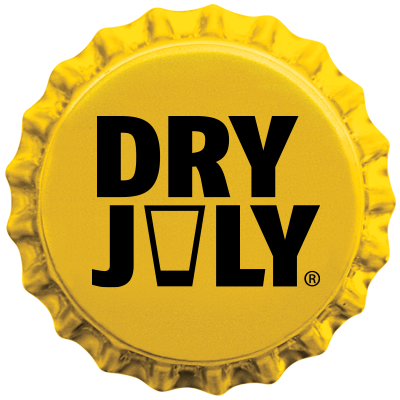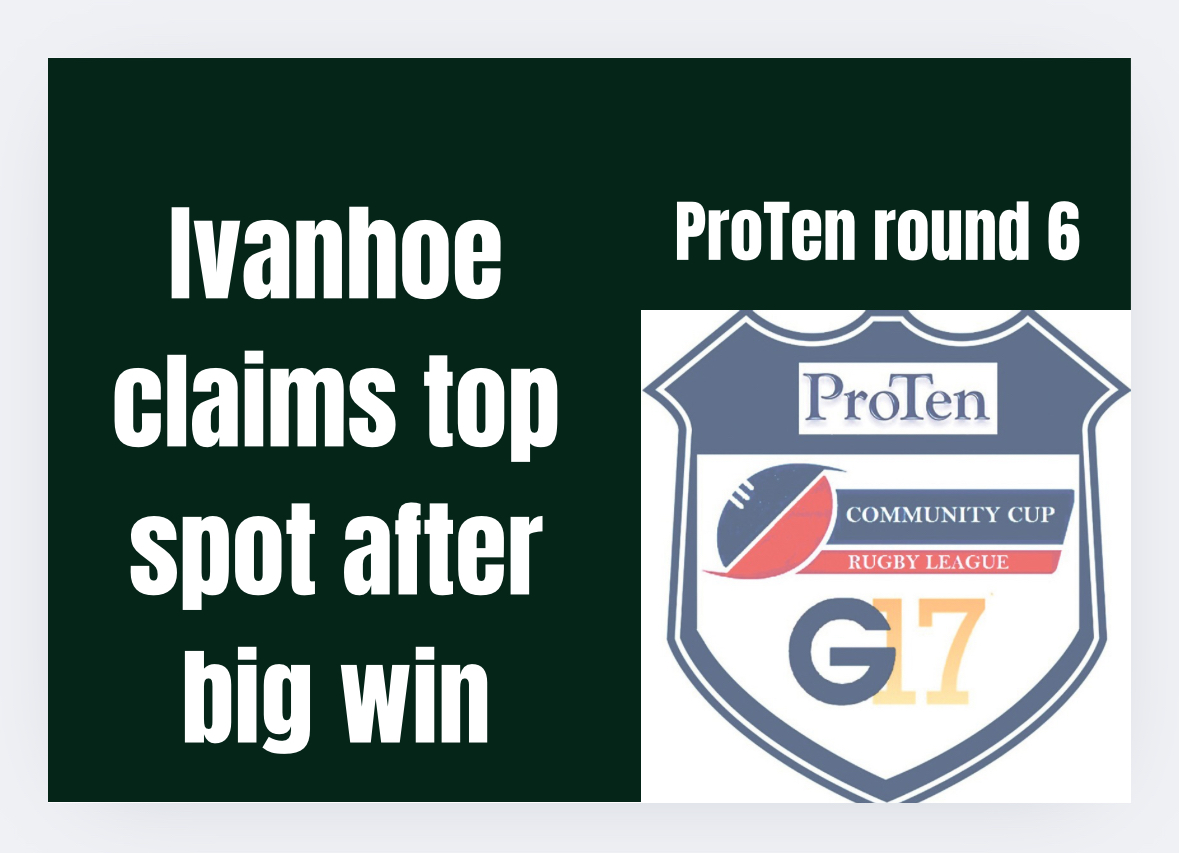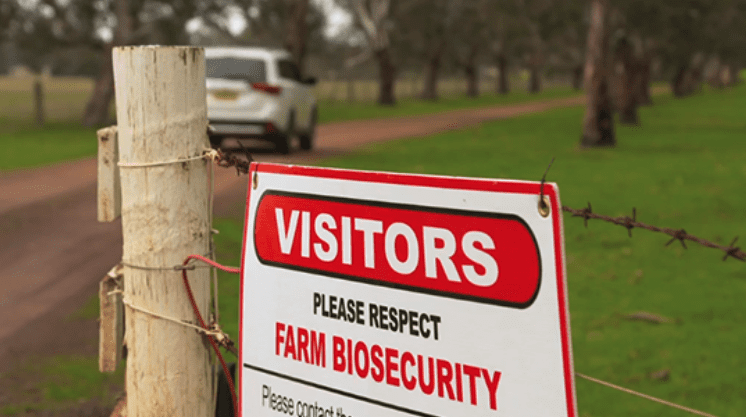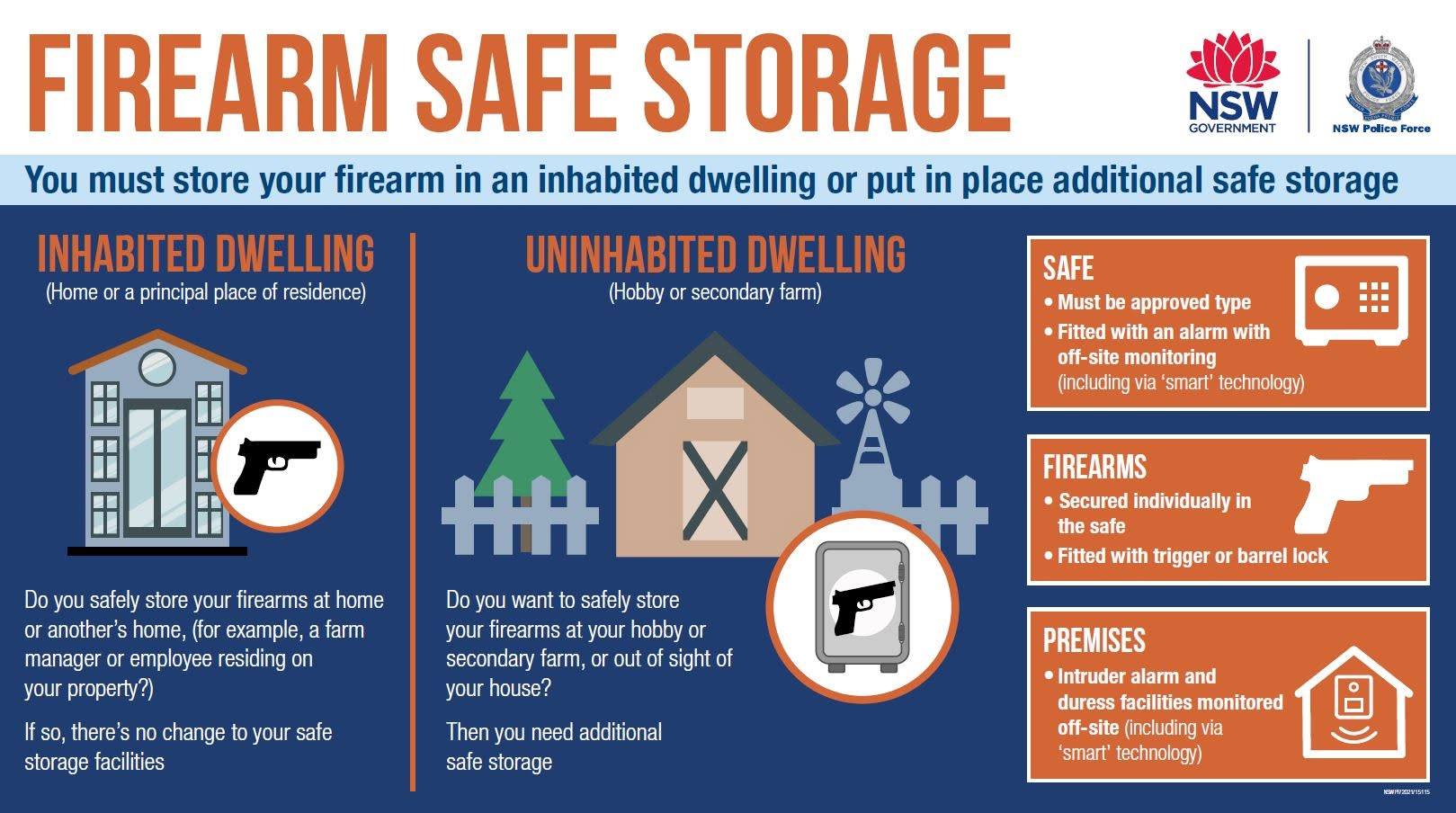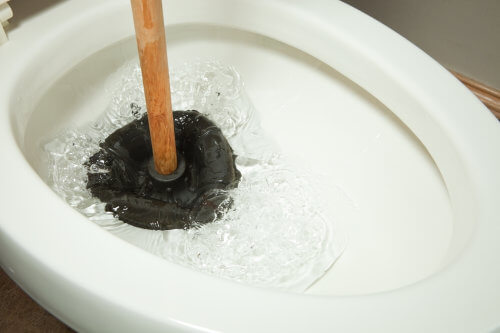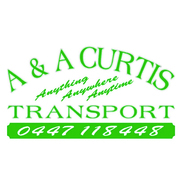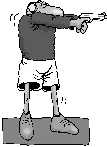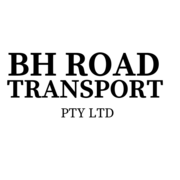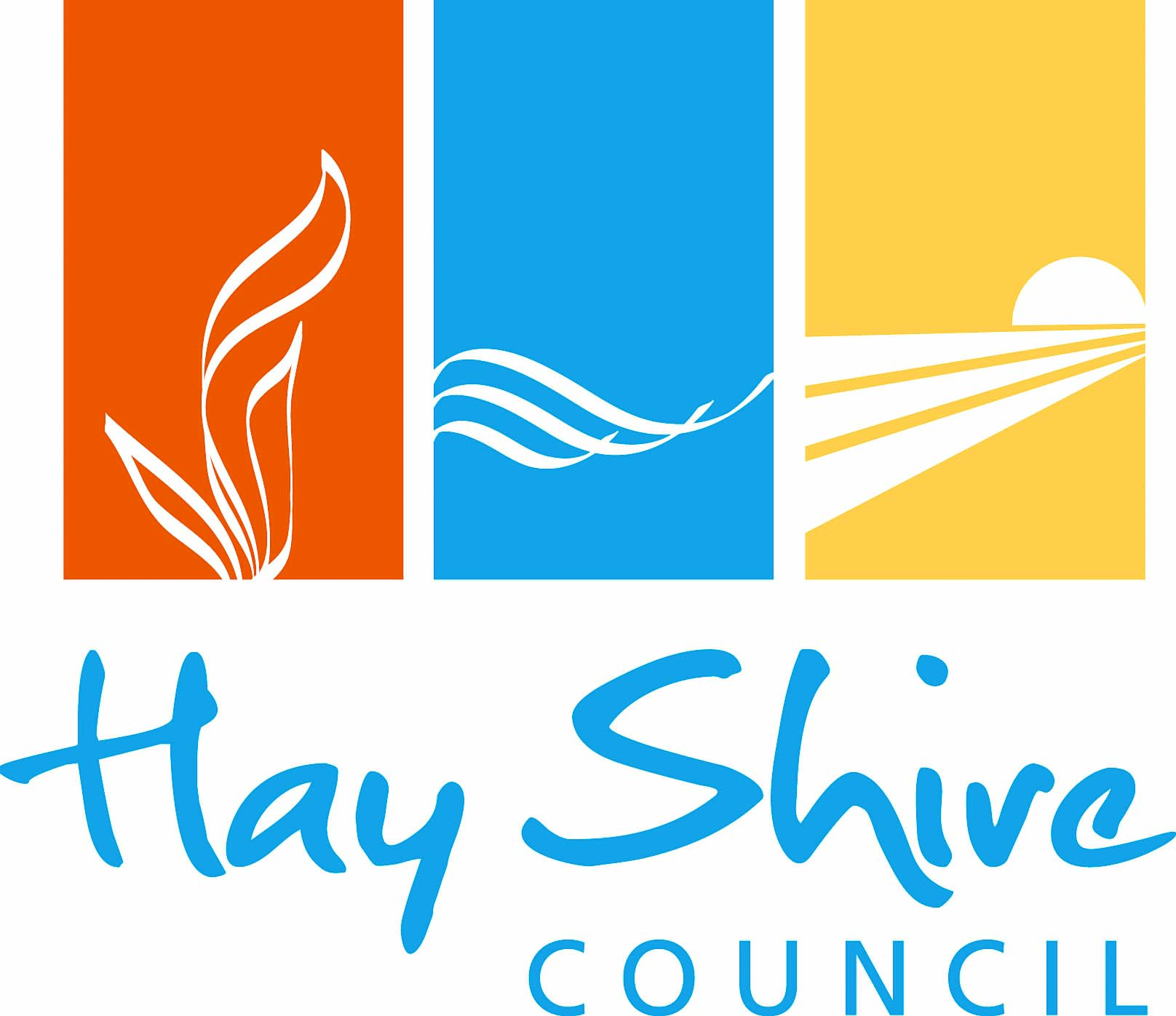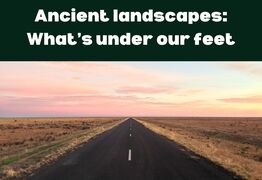Declare side hustle income
Tertia Butcher
12 July 2025, 2:00 AM
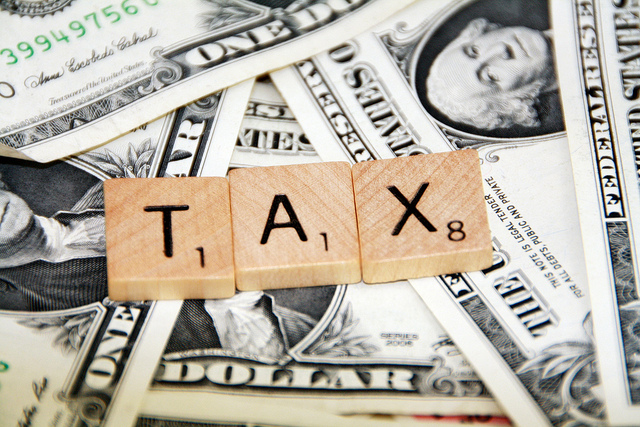
You could be getting a shock tax bill this year if you did not pay tax on your side-hustle this year.
Gig economy income is now reported directly to the ATO, so expect a bill if you did not pay your tax.
The gig economy refers to a labour market characterised by short-term contracts or freelance work, often facilitated by digital platforms.
Workers participating in the gig economy could be in for a shock tax bill this year, says Australia’s largest accounting body, CPA Australia.
Income generated from side-hustles has become a major focus for the Australian Tax Office, with digital service platforms now legally required to report the income earnt by their users under the Sharing Economy Reporting Regime (SERR).
CPA Australia Tax Lead Jenny Wong says anyone who has earned money through platforms such as UberEats, Airtasker, YouTube and OnlyFans and does not report and pay tax on these amounts on their tax return risks an amended return, extra tax bill and possible penalties.
“The Sharing Economy Reporting Regime is expanding this financial year, meaning the ATO will be aware of any income you have received through these types of gig economy platforms,” she said.
“This brings them into line with other third parties that already provide the ATO with the data it uses to pre-fill tax returns, including banks.
“Until this year, individuals have been required to self-declare the income from their side-hustles. “Now, nothing will go under the radar.
“If you deliver food with DoorDash, work some casual jobs through Airtasker, or make content for Patreon, YouTube or OnlyFans, these sites are now reporting your earnings to the tax office.
"These rules apply to a broad range of services, not just the most well-known.
“If you use a website to rent out a car parking space or your designer handbag, this income will be recorded, and you’ll need to pay tax.”
Ms Wong says individuals who have enjoyed a strong year of earning activity through sites such as YouTube and OnlyFans could be in for the biggest shock.
She also reminds influencers specifically of their obligations to declare any gifts and gratuities received as a form of payment.
“You must pay tax on income you earn above the tax-free threshold of $18,200,” she said.
“So, if you’ve had a successful year earning money through advertising revenue and streaming subscriptions, as well as through gifts and gratuities, the ATO will be expecting you to cough up.
“Yes, this even includes free cars, holidays, clothes and anything else you’re lucky enough to receive as a form of payment.”
CPA Australia’s tips for gig economy workers:
� Declare all income: Ensure that all earnings are reported in your tax return, regardless of the amount or frequency. This includes gifts and gratuities.
� Maintain accurate records: Keep detailed records of income and expenses to support your deduction claims.
� Understand your obligations: Familiarise yourself with your tax requirements, including ABN registration and GST obligations if applicable.
� Seek professional advice: Consider consulting a professional tax agent like a CPA to navigate your tax affairs and ensure compliance. What expenses can gig economy workers claim?
Australians working in the gig economy may be entitled to claim some work-related expenses, but only if they are directly linked to the income they’ve earned, they have not been reimbursed, and they have a proof of the purchase.
Examples include:
� Work from home expenses: Such as phone, internet and energy costs.
� Travel costs: The cost of travel between work locations could be deductible.
� Motor vehicle expenses: Delivery drivers could claim for fuel, repairs and other expenses, but must identify the percentage used for business purposes.
� Tools of the trade: For example, a video camera, editing software and professional lighting. This must only be for business use, not private.
NEWS
SPORT
RURAL
COMMUNITY
JOBS
